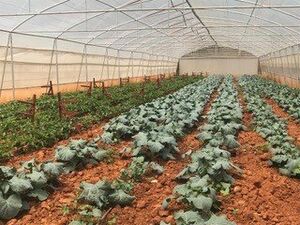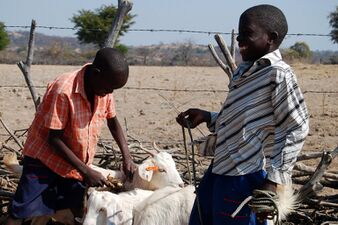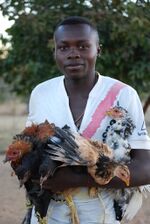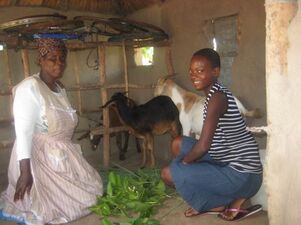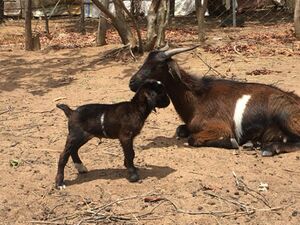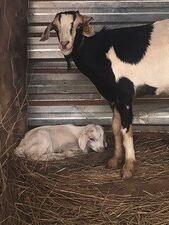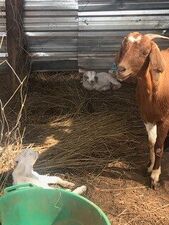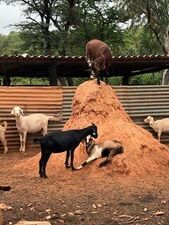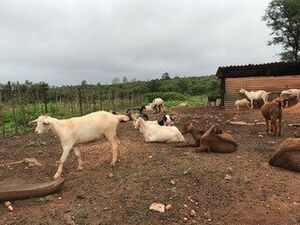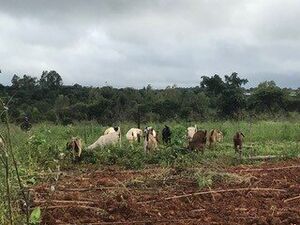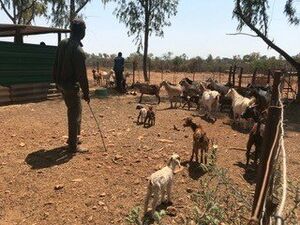Livestock for 300 Orphan Families in Zimbabwe: Difference between revisions
(Updated solutions) |
(Updated projects) |
||
| Line 26: | Line 26: | ||
|scraped_from=GlobalGiving | |scraped_from=GlobalGiving | ||
|feature_image=File:S2_Large.jpg| | |feature_image=File:S2_Large.jpg| | ||
|images=[[ | |images=[[File:ph_11317_39575.jpg|Receiving Goats,File:ph_11317_39577.jpg|David and his chickens,File:ph_11317_143746.jpg|Gracious and her goats,File:ph_11317_143747.jpg|,File:Sally_1_Large.jpg|,File:Sally_2_Large.jpg|,File:Sally_Green1_Large.jpg|,File:Sally_Green2_Large.jpg|,File:Sally_Green3_Large.jpg|,File:s1_Large.jpg|,]] | ||
|coordinate=, | |coordinate=, | ||
|geo_id=878675}} | |geo_id=878675}} | ||
Latest revision as of 20:48, 4 August 2023
| Organization | American Foundation for Children with AIDS |
|---|---|
| Region | Zimbabwe |
| Website | Website |
| ProjectLeader | tanya weaver |
| Linked Problems & Solutions
|
|---|
This project will provide funds to purchase goats, chickens, sheep, pigs, and/or rabbits for children affected/infected by AIDS. The children and guardians will receive training in husbandry and basic veterinary skills, and seeds for gardens. This medium and long-term sustainable program will benefit over 1500 children and 300 guardians.
Challenge
Zimbabwe has an estimated 1.8 million orphans, mostly due to HIV/AIDS. Poverty, AIDS and economic collapse has severely weakened the extended family which has traditionally played a vital role of being the natural carer of the orphaned child. Moreover, the sheer numbers of AIDS orphans have overwhelmed other support services that have traditionally played a complimentary role in orphan care. Many children are destitute, hungry and lacking education with no way out without external help.
Long-Term Impact
Children who need good, nutritious food will receive it, allowing them to do better in school and to become healthier. Livelihoods programs will allow their caregivers to maintain a better level of income, becoming self-sustaining in the long term. Between the education the children receive and the training they receive a they help raise animals, they gain incredibly important skills that will last them a lifetime, helping them break out of the cycle of poverty.
References
- http://www.afcaids.org
- http://www.africanews.com/2016/01/27/15-million-people-face-hunger-in-zimbabwe/
Project Gallery
